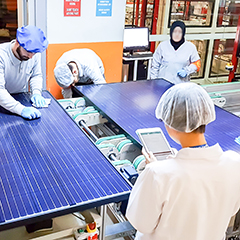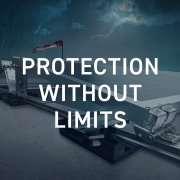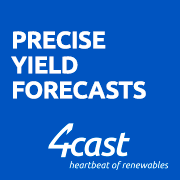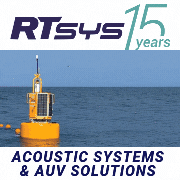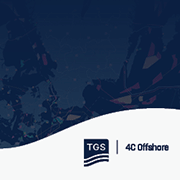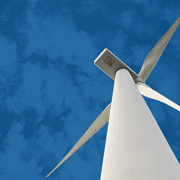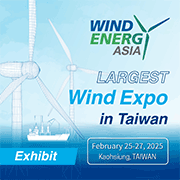New study shows trends in module quality from more than 250 factory audits
Berlin, 22.01.19 – A new study from the Photovoltaic Institute Berlin (PI Berlin) for the first time provides a window into module quality over the past six years. Since 2012, PI Berlin has conducted over 250 factory audits on more than 120 module manufacturers worldwide. The results show that module quality has improved and scale has played an important role, but quality still remains variable among both large and small manufacturers, as well as within manufacturers themselves.
You can download the whitepaper and press photos here: http://www.pi-berlin.com/en/wp-factory-audit.html
The aim of factory audits conducted PI Berlin has been to provide downstream companies with an independent, benchmarked understanding of PV module quality specific to individual manufacturers and factory locations. PI Berlin audits comprehensively evaluate the typical production flow from incoming raw materials, through the entire module assembly process to packaging and shipping of the final product. The result is a risk-based quality rating based on the state of production at a specific factory at a particular time. These audits enable PV developers, owners and investors to have a much better understanding of the potential risks involved in the modules being vetted, but also enable better ways to mitigate the risks and ensure long-term module performance and reliability.
Larger factories deliver better quality
The study shows that larger factories typically do better. No manufacturers with capacities exceeding 3 GW per year had a poor or below average quality rating. The majority had an average or above average rating, with some variability from factory to factory remaining. “We attribute these results to growing demands on quality from customers, higher levels of automation and the ability of these companies to attract and retain higher qualified staff,” says Stella Su, Senior Auditor at PI Berlin and author of the study.
Asia is the frontrunner
It’s no surprise that Asia remains the frontrunner in terms of module manufacturing capacity, but it may be a surprise that Asia also leads the pack in terms of module quality with South Korea, South East Asia and China ranking ahead of Europe and North America. Su attributes this to the emergence of genuine mass production in these regions which has created a complete supporting eco-system of equipment suppliers, material vendors and qualified staff.
Variability within manufacturers’ remains
The quality between different factories of a single manufacturer still remains variable. Some manufacturers can have up to three different quality ratings dependent on the specific factory. Su believes that “some of this comes down to company culture – those companies with a strong quality culture and philosophy will drive to ensure a high degree of consistency between factories, others with a weaker quality culture will experience a much higher degree of variability.
Customer demand has driven quality improvements
In the continued absence of relevant, international quality standards for module manufacturing, discerning downstream buyers or investors have been among the biggest drivers of improved quality. Although only 8% of manufacturers have consistently achieved an excellent quality rating, the number of manufacturers with a poor quality rating has declined over time. Most manufacturers have been able to maintain or improve their quality with over half of the audited manufacturers improving their ratings between 2015 and 2017, “Competition in the photovoltaic industry and rising customer expectations have driven manufacturing quality up,” says Su. “However, variability has not gone away. The figures show that it remains incumbent on downstream players to be actively engaged in the quality management process and make careful considerations when selecting and contracting for module supply”.
About PI Berlin
The Photovoltaik-Institut Berlin is a leading technical advisor, risk manager and quality assurance provider for PV power plants and equipment. With its experienced team of researchers, scientists and engineers, the Institute offers a wide range of design, testing and evaluation services with a focus on the risk management and quality assurance of PV equipment and complex PV power plants. The Institute has an IEC 17025 accredited test laboratory at its Berlin location for evaluating the performance, reliability and durability of solar modules. Another test laboratory is located in Suzhou, China.
Modules are tested according to strict criteria that meet or exceed IEC standards. SolarBuyer, a leading provider of factory audits, merged with PI Berlin in 2018. The Institute was established twelve years ago by PV experts Prof. Dr Stefan Krauter, Sven Lehmann and Dr Paul Grunow, a founder of Solon and Q CELLS.

